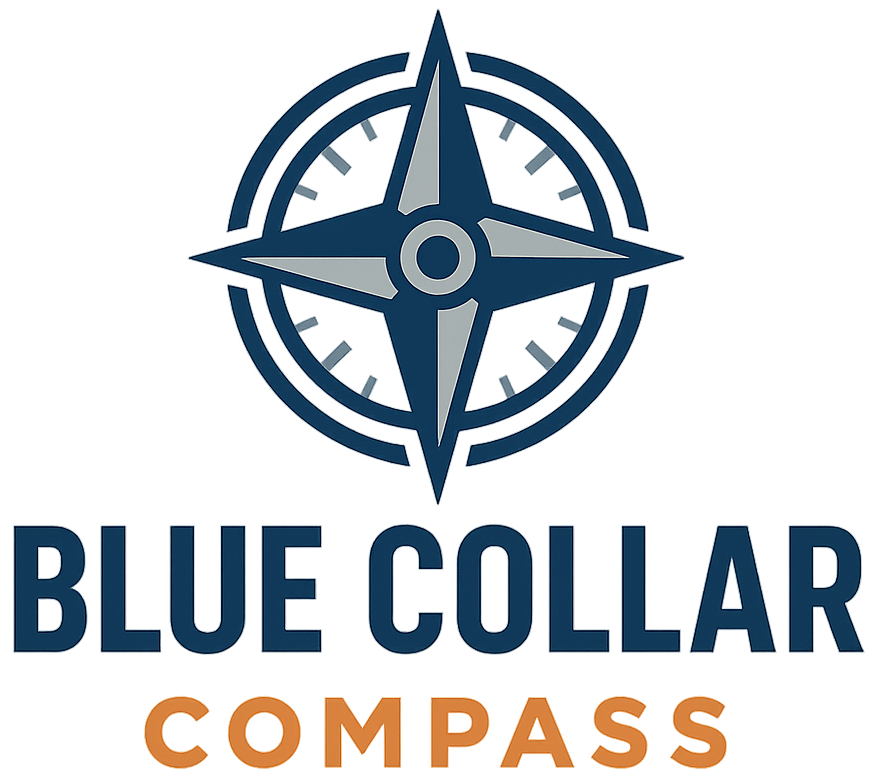You can earn more dollars, but you can’t earn back your time.
The Wake-Up Call
A few years back, I was putting in sixty hour weeks at the plant. Overtime was everywhere, and like most folks, I jumped on it. The money was solid, and I told myself it was worth missing family dinners and Saturday mornings at the lake.
But one night, driving home after another twelve hour shift, it hit me: I was exhausted, grumpy, and staring down a calendar that didn’t have a single free day for the next three weeks. I had a fatter paycheck but less of everything else.
That’s when I started asking the question so many of us wrestle with: Work-life balance vs. bigger paycheck — which one really leads to personal independence?
The Hidden Cost of Overtime
On the surface, overtime looks like the golden ticket. More hours, more money, less stress about bills. But peel back the layers and you start to see the cracks.
- Taxes take their share. Once you cross into higher tax brackets, your overtime pay shrinks. According to the IRS 2024 tax brackets, a jump from 22% to 24% isn’t hard to hit. Suddenly that extra $200 check is more like $150.
- Your health pays the price. A World Health Organization study found that working 55+ hours a week raises your risk of heart disease and stroke. All the money in the world won’t mean much if you’re too worn down to enjoy it.
- Time doesn’t come back. You can always make more money, but you can’t buy back your kid’s ballgame, a fishing trip with your buddy, or a quiet Sunday with your spouse.
Work-Life Balance vs. Bigger Paycheck: The Trade-Off
Let’s put this head-to-head.
When You Choose the Bigger Paycheck:
- You knock out debt quicker.
- You build savings faster.
- You can afford extras tools, trips, or maybe even that dream Harley.
- You feel “productive,” but burnout is always lurking.
When You Choose Work-Life Balance:
- You protect your health and sanity.
- You’re present for family, friends, and real life.
- You have the energy to chase side hustles or hobbies that actually fuel you.
- You’re investing in independence because freedom isn’t just cash, it’s control of your time.
Plenty of folks online wrestle with this too. A quick search for work life balance or money on reddit will bring up thread after thread of people debating whether the extra shift is worth it.
Spoiler: most people eventually realize that time is the more valuable currency.
Real-Life Examples: When More Money Costs More Than It Pays
Example 1: The Burned-Out Welder
A buddy of mine, let’s call him Joe, worked overtime almost every week for two years straight. Paid off his truck, sure. But he also missed birthdays, weekends, and started having back problems. When the layoffs came, all that overtime didn’t buy him security just a sore body and lost time.
Example 2: The Balanced Carpenter
Another friend, a carpenter, capped his week at forty-five hours. No exceptions. He turned down plenty of extra shifts, but he used that time to build a side gig flipping furniture. Today, that side hustle brings in steady income and gives him freedom overtime never could.
The difference? One chased hours, the other chased independence.
Personal Independence: The Real Payoff
Here’s the part nobody talks about: overtime and “career growth” don’t automatically equal independence.
Think about it:
- If your boss owns all your time, do you really feel free?
- If your health is shot from constant stress, is the money worth it?
- If your paycheck rises but your spirit drops, what are you really building?
True independence comes when you decide how to spend your hours. That might mean:
- Taking the steady paycheck but drawing a hard line at 45-50 hours.
- Building a side hustle or small business that grows while you sleep.
- Choosing experiences (a camping trip, family barbecue) over dollars when the opportunity comes.
Money can buy comfort, but time buys freedom.
Work-Life Balance vs. Career Growth
Here’s another twist: sometimes we’re told that saying “no” to overtime means saying “no” to promotions or career advancement. But is that really true?
- Short-term grind vs. long-term growth. A boss might like the guy who never says no, but being reliable doesn’t always equal a raise. Sometimes the person with the sharpest skills not the most hours gets the bump.
- Balance builds better work. Studies show that rested workers are more productive and creative. When you’re not burnt out, you’re sharper, safer, and more valuable.
- Career growth can come from outside work. Learning a trade skill, taking a night class, or building a side gig might pay more dividends than stacking overtime.
How to Decide: Balance vs. Paycheck
If you’re torn, ask yourself these questions:
- What’s my real goal right now? Paying down debt? Saving for a house? Or just keeping my head above water?
- What am I trading for those extra hours? Health, family, sanity?
- Can I find another way to hit that financial goal? Side hustle, cutting expenses, or skill-building instead of raw hours.
- Am I chasing freedom or just chasing dollars?
Write the answers down. You might be surprised where you land.

Money can buy comfort, but time buys freedom.
Wrap-Up: Freedom Is Worth More Than Overtime
At the end of the day, overtime isn’t evil it’s just a tool. It can get you out of a hole or give you a leg up. But it’s not a lifestyle you can live forever.
The real raise? That comes when you choose balance. When you stop trading all your hours for dollars and start investing them into what makes life worth living.
For me, the best check I ever cashed wasn’t from a boss it was the one I gave myself when I clocked out early and spent the afternoon with my family. That’s independence. That’s freedom.
👉 What about you? Would you rather stack more dollars, or stack more memories? Drop your thoughts in the comments I’d love to hear where you stand.
